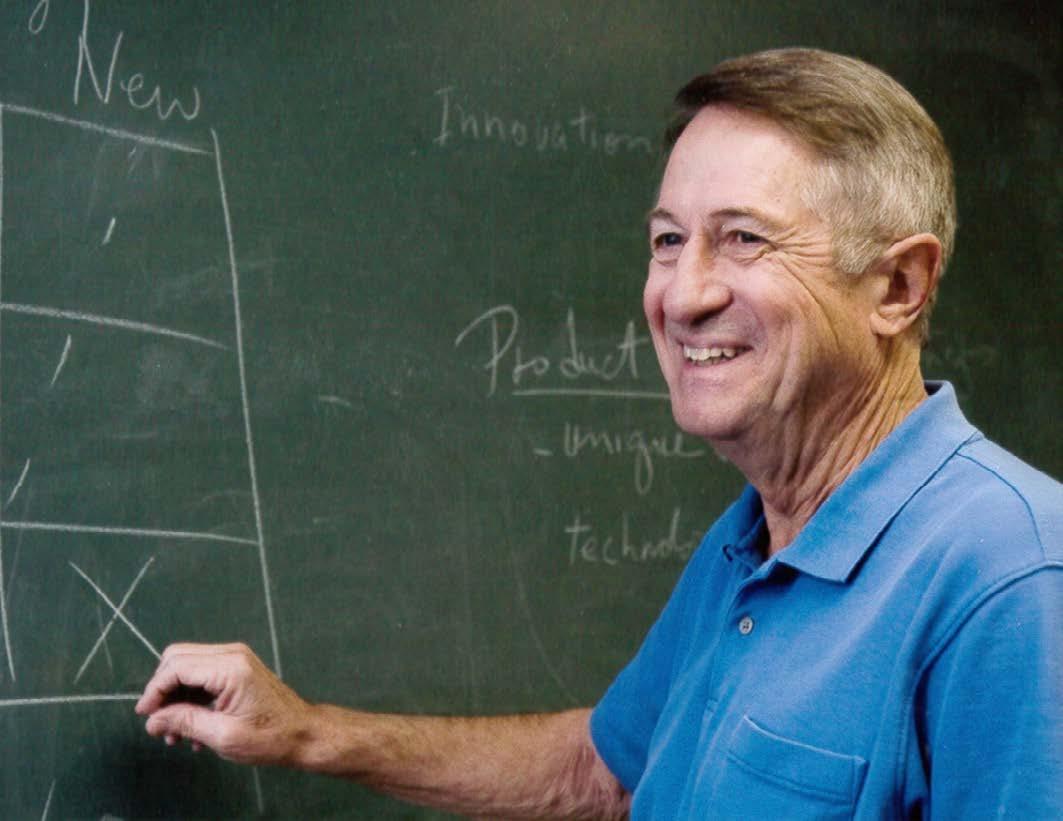ALUMNI FEATURE
>>
How a teacher, a product manager, and a business owner face challenges and address disparities in their work lives. The year 2020 will be one for the history books. In March, the arrival of COVID-19 triggered the shutdown of businesses and schools across the country. In May, the death of George Floyd in Minneapolis sparked protests and a collective reckoning with our nation’s history of racial inequality. This year has called for resilience and optimism in the face of massive and often unprecedented challenges. It’s called for innovation to confront new problems that have no obvious solutions. And it’s revealed that individuals can make a difference even when systems are strained and breaking. Education strives to give students the foundation and tools to meet life’s challenges. Here are three alumni who drew on their experiences at the University of Minnesota to not only survive 2020, but also make it better for the people around them.
12
I N V EN T I N G TO M O R R OW
v PEOPLE v WITH
v PURPOSE Azira Rivera: Mathematical and emotional support Even in the best of times, Algebra 2 is hard for many of Azira Rivera’s students. Now, they’re trying to learn about polynomials and quadratic equations in a video Zoom class while balancing family responsibilities. “One day, one of my students stepped away from the screen. I was like ‘Where did you go?’ And he said ‘Oh sorry. I had to change my nephew’s diaper,’” said Rivera (Math ’17), a public school math teacher outside of Phoenix, Arizona. “My students are caring for their younger siblings, making them lunch, making sure they’re online when they’re supposed to be. I have so much respect for them and everything they are juggling.” Since the coronavirus hit in midMarch, Rivera has taught her 120 students remotely, with the exception of three weeks in-person this fall until rising COVID-19 cases forced a return online. Agua Fria High School, where Rivera started teaching four years ago through Teach for America, is two-
Written by MAJA BECKSTROM
thirds Latino, and more than half the students receive free or reduced-price lunch. Many parents work throughout the pandemic in service and labor jobs. A few families have lost grandparents to COVID-19. Rivera says during this time of stress, her expectations are different, and her praise flows more freely. “I want them to know that I support them mathematically and emotionally,” she said. “I realize we’re in a pandemic and I don’t want my class to be another stressor in their lives.” Rivera sees herself in her students. She was the first in her family to attend college, ending up at the University of Minnesota almost by chance after an application arrived in the mail. She filled it out and received CSE’s Richard M. Kruger Scholarship. “I felt like they reached out to me and saw what I was capable of,” she said. As a first-year student, she lived in the Women in Science and Engineering (WISE) Living Learning Community. “I met astonishing and brilliant






